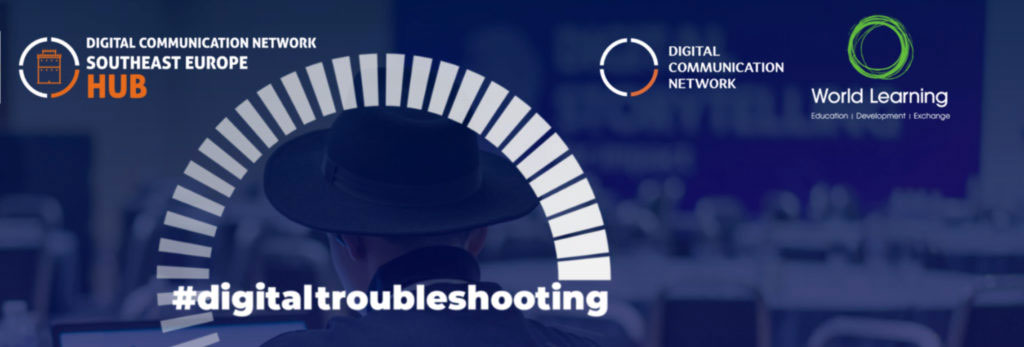On February 2020 Pew Research Center published a research on digital disruption of democracy. Tech experts expressed their opinions on the role of digitalization on democracy and its impact on people.
In the previous decade, technology came to a dominating point through the beneficial use of internet, but through some facts as the Brexit in UK and the American presidential election the belief of digital disruption in democracy has been enhanced. Evidence of preceded digital disruption is the resistance to American-based big tech firms and tech pioneers while governments investigating technology firms and nonprofit organizations directing resources toward finding the best strategies for coping with disruption.
Half of the tech experts interview predict that technology will weaken democracy through the new decade, due to the reality distortion, the decline of journalism and the impact of surveillance capitalism. A third of the tech experts claims that maybe digitalization will strengthen democracy as a way of combatting info-warrior and chaos.
Main reasons of the distrust on digital democracy are the deepfakes, “cheapfakes” and other misinformation tactics that will worsen the trust of people on institutions and foundations. The struggle, also, of keeping journalism truthful and independent will lead to despair and disbelief while the uncontrollable power of major technology companies and the exploitation of data collected about users are concerns that enhance the belief of digital disruption in democracy. But both pessimists and optimist’s tech experts claim that democracy should be kept vibrant though the trust and the truth. The misuse of digital technology to manipulate and weaponize facts affects people’s trust in institutions and each other. As a result, trust of people on empowering citizens through digitalization of democracy will be worsen and will impact their views.
Jonathan Morgan, senior design researcher with the Wikimedia Founation, claims that the weakening of core aspects of democracy and democratic representation will be done through the use of social media as tools of spreading disinformation. Also, through the proprietary, closed platforms run by profit-driven companies aiming to data-gathering practices and the growing role of surveillance by digital platform owners.
Concerns for democracy’s future in the next decade are about the power imbalance, those with power will seek to maintain it by building systems that serve them and not the masses. Trust issues, the rise of misinformation and disinformation and erosion of public trust in many institutions are some concerns lightened in the research. On the other hand, hopes and suggested solutions concern the innovation through the evolution of individuals and enshrining values, the leadership and activist agitation so as to produce better democratic outcomes that will lead to change. Another solution is the use of technology as part of the solution by spreading the innovations like artificial intelligence, those will enhance trusted free speech and greater citizen empowerment. You can find more about the research at the link below.
Link of the research: https://www.pewresearch.org/internet/2020/02/21/many-tech-experts-say-digital-disruption-will-hurt-democracy/




